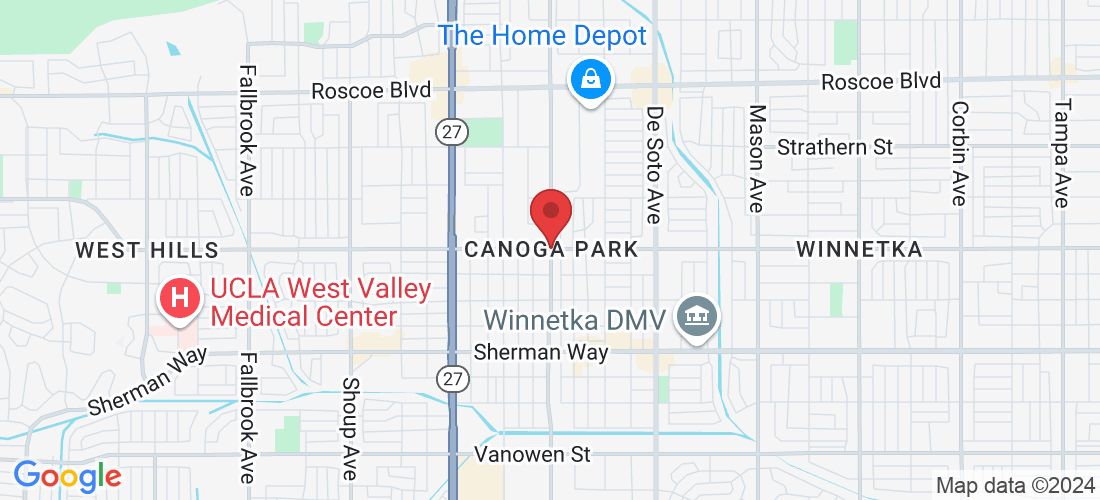Sponsored:
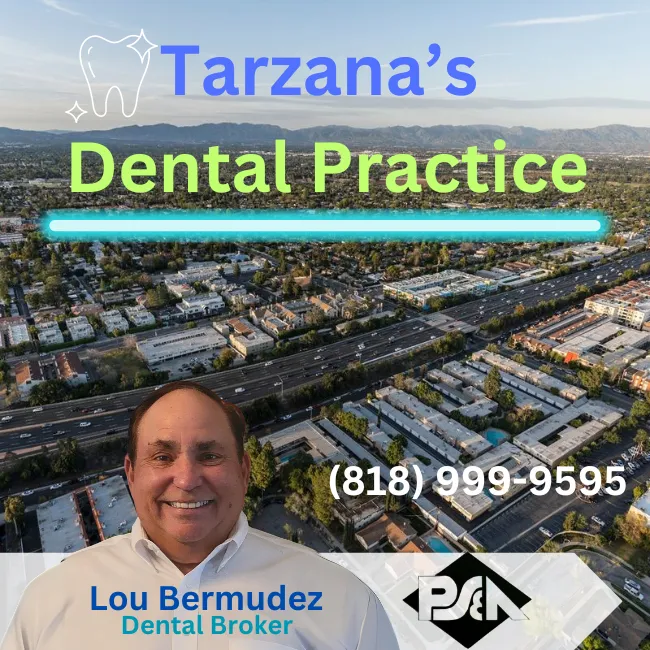
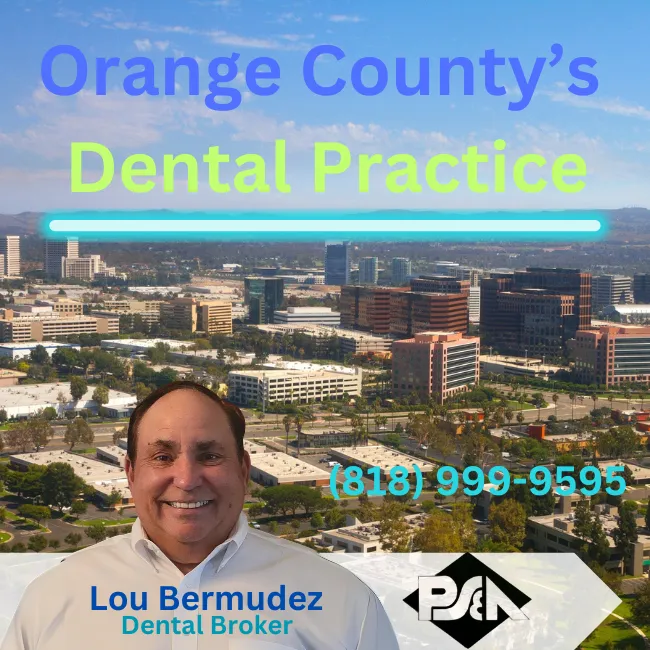
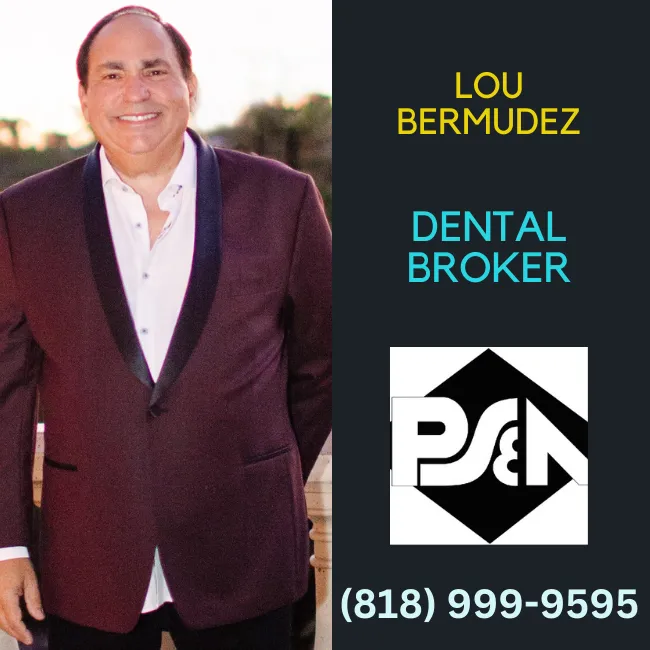
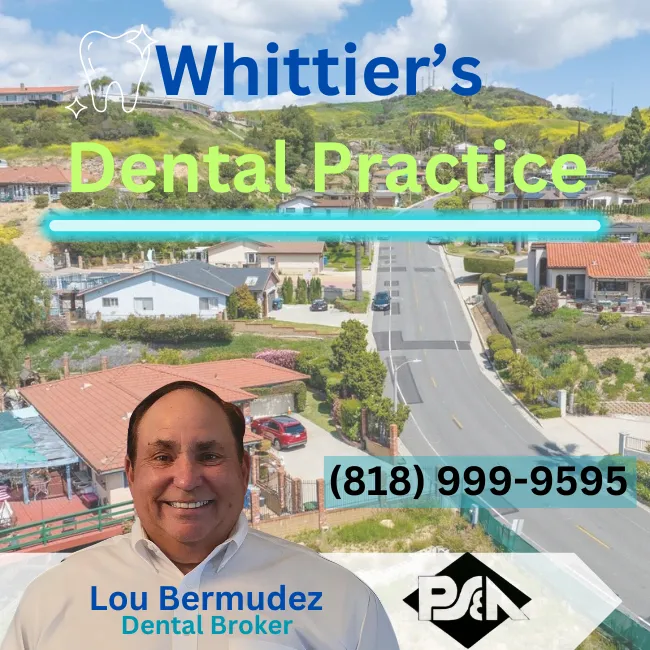
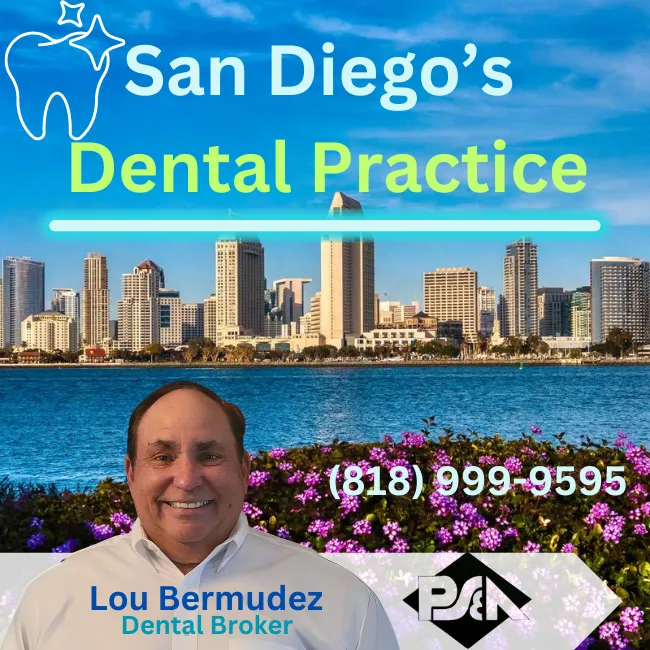
BEST CATERERS NEAR MOORPARK, CA
Top Dental Brokers in Canoga Park – Find Your Ideal Match
Discover expert dental brokerage services in Canoga Park, dedicated to helping dentists buy, sell, and grow practices. Let our experienced brokers guide you through every step of the process with personalized support tailored to your needs.
How to Choose the Right Dental Broker for Your Practice
Key Factors to Consider When Selecting the Best Broker for Your Dental Practice
Choosing the right dental broker is one of the most critical decisions when buying or selling a dental practice. A well-qualified broker can help facilitate smooth transactions, offer valuable market insights, and ensure that both buyers and sellers meet their financial and operational goals. Here are 12 important factors to consider when choosing a dental broker:
1. Experience in the Dental Industry
The dental industry has unique demands and considerations that differ from other healthcare sectors. A broker who specializes in dental practices will have a deep understanding of the market dynamics, regulations, and specific challenges that can arise during the transaction. Look for brokers who have a history of working with dental professionals and are familiar with the complexities of dental practice sales.
Dental Broker

Google: 5.0 stars
Dental Practice - Listing and Buying Agent
(818) 999-9595
22148 Sherman Way, Suite 103, Canoga Park, CA 91303
Website: https://www.ddspracticebroker.com/
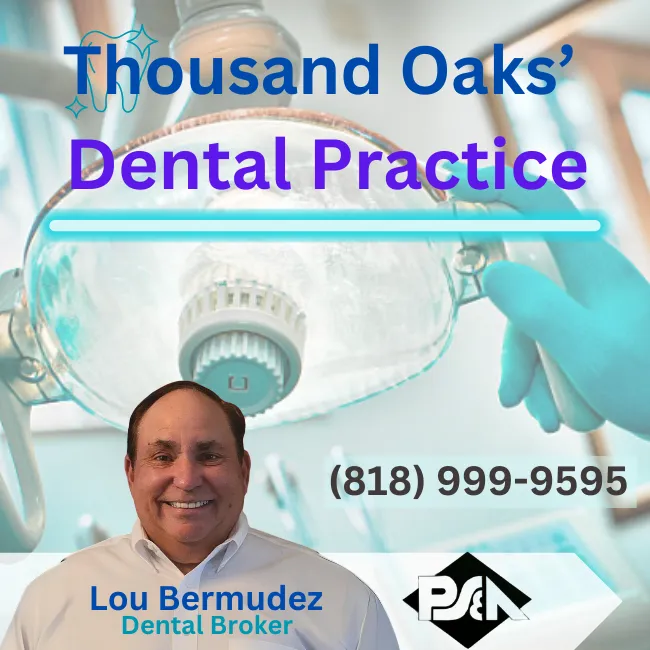

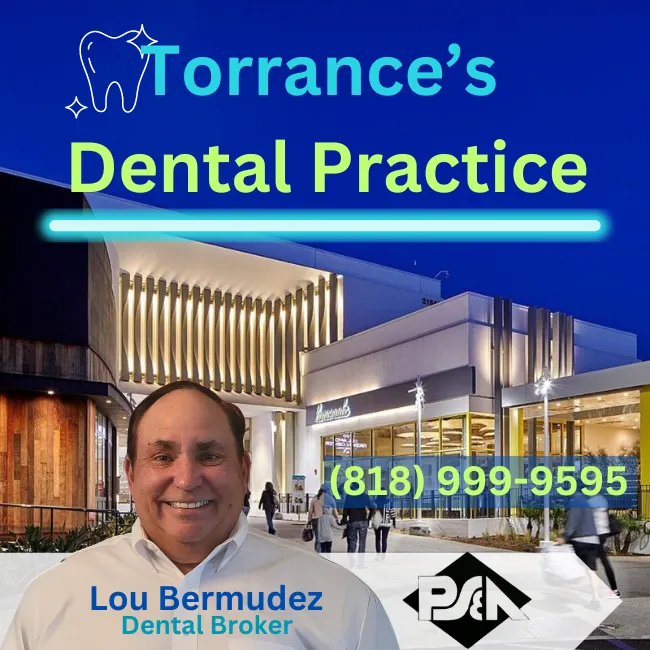
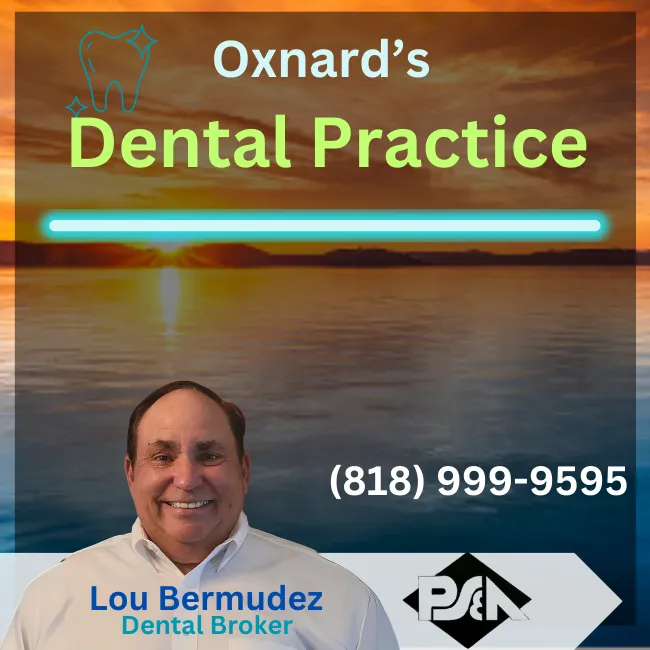
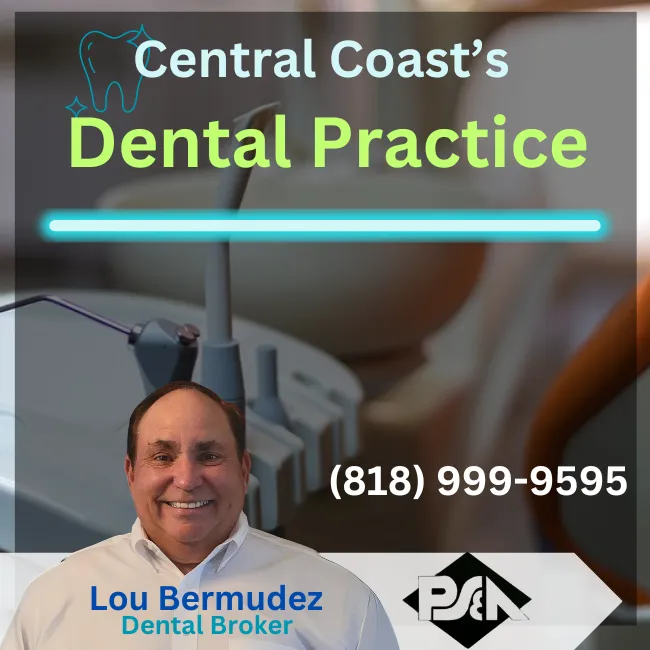
2. Strong Network of Connections
A reputable broker will have access to a wide network of buyers, sellers, and industry professionals. This network is crucial for identifying the best opportunities and negotiating favorable terms. A dental broker with strong connections can also provide access to financing, legal experts, and consultants who specialize in dental practices.
3. Proven Track Record
Review the broker’s past transactions to ensure they have a proven history of success. Testimonials from previous clients can give you an idea of the broker’s effectiveness, professionalism, and ability to close deals smoothly. Ask for case studies or references to understand their level of expertise.
4. Local Market Knowledge
Working with a broker who understands the Canoga Park area and its surrounding communities is a huge advantage. Local market knowledge allows the broker to provide insights on pricing trends, demand for dental services, and factors that can influence practice value. A broker with a deep understanding of the local market will be better equipped to advise you on the best time to buy or sell.
Dental Practice Sale
Business Broker
Services: Dental Practice Sales, Appraisals, Transitions, Consulting
📞 (310) 994-3564
📍 5900 Canoga Ave #110, Woodland Hills, CA 91367
Dental Health Group
Dental Clinic - 4.9 (59 reviews)
Services: General Dentistry, Cosmetic Dentistry, Dental Implants, Orthodontics
📞 (818) 718-2000
📍 7335 Topanga Canyon Blvd, Canoga Park, CA 91303
5. Transparency and Communication
Clear communication is key to a successful partnership with a dental broker. Make sure the broker is upfront about their process, fees, and expected outcomes. They should be able to explain every step of the transaction and keep you informed throughout the process. Avoid brokers who withhold information or seem unclear about important details.
6. Personalized Service
Dental practices come in all sizes, from small family-owned clinics to large multi-location practices. A good broker will tailor their approach based on your specific needs and goals. Whether you are a first-time buyer or a seasoned dental professional, the broker should provide personalized strategies and advice.
7. Due Diligence Expertise
Due diligence is a critical phase of any dental practice transaction. The right broker will conduct thorough research into the financial, legal, and operational aspects of the practice. They should assist with verifying the practice’s financial statements, patient records, equipment, and other assets to ensure everything is in order before closing the deal.
8. Knowledge of Financing Options
Understanding the financing options available is essential when buying a dental practice. A qualified broker will be able to connect buyers with lenders who specialize in dental practices, helping secure the best possible loan terms. They should also assist with navigating any challenges that may arise during the financing process.
D&M Practice Sales & Leasing
Commercial Real Estate Agency - 5.0 (1 review)
Services: Practice Sales, Leasing, Real Estate Consulting
📞 (818) 591-1401
📍 24009 Ventura Blvd UNIT 250, Calabasas, CA 91302
Dental Practice Sales Los Angeles
Business Broker
Services: Dental Practice Sales, Consulting
📞 (805) 338-5850
10. Negotiation Skills
Strong negotiation skills are a must when choosing a dental broker. Your broker should advocate for your best interests, whether you are a buyer or seller. Their ability to negotiate favorable terms can make a significant difference in the outcome of the transaction.
11. Attention to Detail
Dental practice sales involve numerous legal and financial documents that must be carefully reviewed. A skilled broker will pay close attention to every detail, ensuring that nothing is overlooked. This can prevent costly mistakes and delays down the road.
12. Post-Transaction Support
Even after the sale is complete, a good dental broker will offer post-transaction support to ensure a smooth transition. This can include helping the new owner integrate into the practice, retain patients, and manage staff changes. If you’re selling, the broker should help facilitate a smooth handover to the new owner.
By considering these key factors, you can select the right dental broker who will guide you through the complexities of the transaction and help you achieve your goals.
People Also Ask
What does a dental broker do?
A dental broker specializes in facilitating the buying and selling of dental practices. They act as intermediaries, connecting sellers with qualified buyers, and ensure that the transaction is handled smoothly. Brokers help assess the value of the practice, find suitable buyers, manage negotiations, and handle paperwork, including legal and financial documents. In addition, they provide support throughout the due diligence process, ensuring that all details are in place before closing the sale. By leveraging their industry expertise, brokers simplify the transaction process, helping dentists focus on running their practice while ensuring they get the best deal.
How much does it cost to hire a dental broker?
The cost of hiring a dental broker typically depends on the size and value of the dental practice being sold. Most brokers charge a commission based on a percentage of the sale price, usually ranging from 5% to 10%. Some brokers may charge additional fees for specific services such as appraisals, marketing, or legal assistance. It’s important to discuss fees upfront and ensure you understand the cost structure before signing any agreements. While the cost may seem high, a skilled broker can often increase the value of the deal, making their fee well worth the investment.
How long does it take to sell a dental practice?
The time it takes to sell a dental practice varies, typically ranging from six months to over a year. Several factors influence the timeline, including the location of the practice, the asking price, market demand, and the quality of the buyer pool. A well-prepared practice with solid financials and patient retention is more likely to sell quickly. An experienced dental broker will help expedite the process by marketing the practice effectively and targeting the right buyers. However, both sellers and buyers should remain patient as due diligence, negotiations, and final approvals can take time.
What should I look for in a dental practice buyer?
When selling a dental practice, it’s important to find a buyer who shares your values and vision for the practice. The ideal buyer should be financially qualified and experienced in managing or working in a dental environment. Additionally, they should have a solid business plan for maintaining or growing the practice. The buyer's personality and philosophy should align with the existing culture of the practice to ensure a smooth transition for both patients and staff. A dental broker can help vet potential buyers, ensuring you select someone who will continue to uphold the standards of your practice.
How can a dental broker help me buy a practice?
Dental brokers play a key role in helping buyers find the right practice. They leverage their market knowledge and network to identify opportunities that fit the buyer’s budget, location preferences, and professional goals. Brokers also provide financial and operational insights into each practice, assisting with the due diligence process to ensure there are no hidden issues. They help negotiate favorable terms and guide buyers through the legal, financial, and operational aspects of the acquisition. A broker ensures that the transaction is seamless, allowing the buyer to focus on integrating into their new practice.


